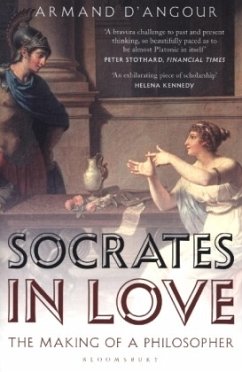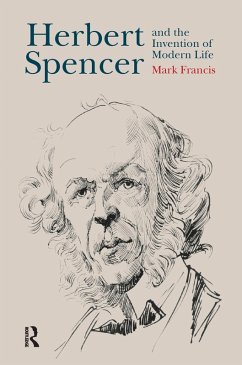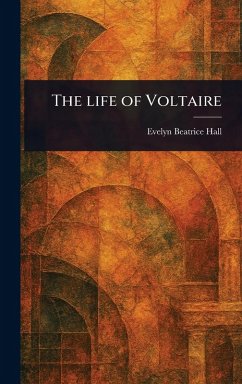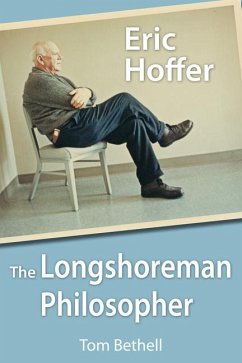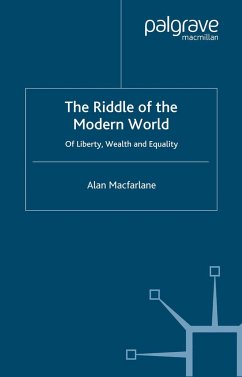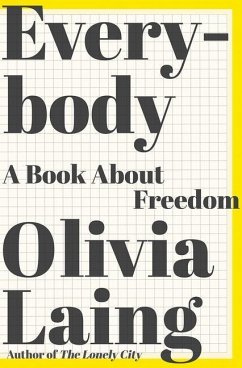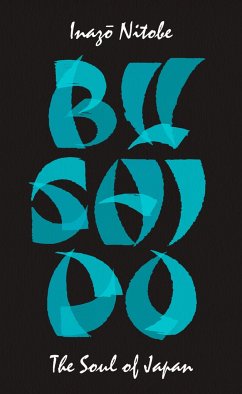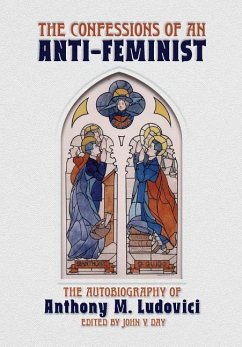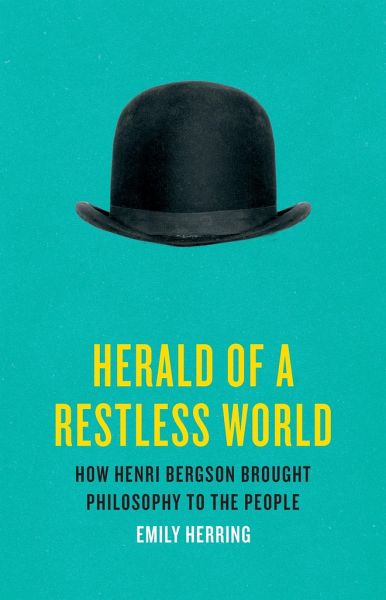
Herald of a Restless World
How Henri Bergson Brought Philosophy to the People
Versandkostenfrei!
Versandfertig in über 4 Wochen
23,99 €
inkl. MwSt.
Weitere Ausgaben:

PAYBACK Punkte
12 °P sammeln!
The first English-language biography of Henri Bergson, the French philosopher who defined individual creativity and transformed twentieth-century thought—a “fascinating biography and magnificent revival of this brilliant thinker” (Skye Cleary, author of How to Be Authentic) Named a Best Book of 2024 by the New Statesman At the dawn of the twentieth century, Henri Bergson (1859–1941) became the most famous philosopher on earth. Where prior thinkers sketched out a deterministic, predictable universe, he asserted the transformative power of consciousness and creativity. An internation...
The first English-language biography of Henri Bergson, the French philosopher who defined individual creativity and transformed twentieth-century thought—a “fascinating biography and magnificent revival of this brilliant thinker” (Skye Cleary, author of How to Be Authentic) Named a Best Book of 2024 by the New Statesman At the dawn of the twentieth century, Henri Bergson (1859–1941) became the most famous philosopher on earth. Where prior thinkers sketched out a deterministic, predictable universe, he asserted the transformative power of consciousness and creativity. An international celebrity, he made headlines around the world debating luminaries like Bertrand Russell and Albert Einstein about free will and time. The vision of creative evolution and freedom he presented was so disruptive that the New York Times branded him “the most dangerous man in the world.” In Herald of a Restless World, Emily Herring recovers how Bergson captivated a society in flux. She shows how his celebration of the time-bending uniqueness of individual experience struck a chord with those shaken by modern technological and social change. Long after he faded from public view, his insights into memory, time, laughter, and creativity continue to shape how we see the world around us. Herald of a Restless World is an electrifying portrait of a singular intellect. Bergson’s extraordinary insight into life’s fundamental questions remains urgent and relevant to this day.






